Turning AI into a Developer Superpower: The PERL5LIB Auto-Setter
Like most developers, I have a mental folder labelled “useful little tools I’ll probably never build.” Small utilities, quality-of-life scripts, automations — they’d save time, but not enough to justify the overhead of building them. So they stay stuck in limbo. That changed when I started using AI as a regular part of my development workflow. Now, when I hit one of those recurring minor annoyances — something just frictiony enough to slow me down — I open a ChatGPT tab. Twenty minutes later, I usually have a working solution. Not always perfect, but almost always 90% of the way there. And once that initial burst of momentum is going, finishing it off is easy. It’s not quite mind-reading. But it is like having a superpowered pair programmer on tap. The Problem Obviously, I do a lot of Perl development. When working on a Perl project, it’s common to have one or more lib/ directories in the repo that contain the project’s modules. To run test scripts or local tools, I often need to set the PERL5LIB environment variable so that Perl can find those modules. But I’ve got a lot of Perl projects — often nested in folders like ~/git, and sometimes with extra lib/ directories for testing or shared code. And I switch between them frequently. Typing: export PERL5LIB=lib …over and over gets boring fast. And worse, if you forget to do it, your test script breaks with a misleading “Can’t locate Foo/Bar.pm” error. What I wanted was this: Every time I cd into a directory, if there are any valid lib/ subdirectories beneath it, set PERL5LIB automatically. Only include lib/ dirs that actually contain .pm files. Skip junk like .vscode, blib, and old release folders like MyModule-1.23/. Don’t scan the entire world if I cd ~/git, which contains hundreds of repos. Show me what it’s doing, and let me test it in dry-run mode. The Solution With ChatGPT, I built a drop-in Bash function in about half an hour that does exactly that. It’s now saved as perl5lib_auto.sh, and it: Wraps cd() to trigger a scan after every directory change Finds all qualifying lib/ directories beneath the current directory Filters them using simple rules: Excludes specific top-level directories (like ~/git) by default Lets you configure everything via environment variables Offers verbose, dry-run, and force modes Can append to or overwrite your existing PERL5LIB You drop it in your ~/.bashrc (or wherever you like), and your shell just becomes a little bit smarter. Usage Example source ~/bin/perl5lib_auto.sh cd ~/code/MyModule # => PERL5LIB set to: /home/user/code/MyModule/lib PERL5LIB_VERBOSE=1 cd ~/code/AnotherApp # => [PERL5LIB] Found 2 eligible lib dir(s): # => /home/user/code/AnotherApp/lib # => /home/user/code/AnotherApp/t/lib # => PERL5LIB set to: /home/user/code/AnotherApp/lib:/home/user/code/AnotherApp/t/lib You can also set environment variables to customise behaviour: export PERL5LIB_EXCLUDE_DIRS="$HOME/git:$HOME/legacy" export PERL5LIB_EXCLUDE_PATTERNS=".vscode:blib" export PERL5LIB_LIB_CAP=5 export PERL5LIB_APPEND=1 Or simulate what it would do: PERL5LIB_DRYRUN=1 cd ~/code/BigProject Try It Yourself The full script is available on GitHub:

Like most developers, I have a mental folder labelled “useful little tools I’ll probably never build.” Small utilities, quality-of-life scripts, automations — they’d save time, but not enough to justify the overhead of building them. So they stay stuck in limbo.
That changed when I started using AI as a regular part of my development workflow.
Now, when I hit one of those recurring minor annoyances — something just frictiony enough to slow me down — I open a ChatGPT tab. Twenty minutes later, I usually have a working solution. Not always perfect, but almost always 90% of the way there. And once that initial burst of momentum is going, finishing it off is easy.
It’s not quite mind-reading. But it is like having a superpowered pair programmer on tap.
The Problem
Obviously, I do a lot of Perl development. When working on a Perl project, it’s common to have one or more lib/ directories in the repo that contain the project’s modules. To run test scripts or local tools, I often need to set the PERL5LIB environment variable so that Perl can find those modules.
But I’ve got a lot of Perl projects — often nested in folders like ~/git, and sometimes with extra lib/ directories for testing or shared code. And I switch between them frequently. Typing:
export PERL5LIB=lib
…over and over gets boring fast. And worse, if you forget to do it, your test script breaks with a misleading “Can’t locate Foo/Bar.pm” error.
What I wanted was this:
Every time I
cdinto a directory, if there are any validlib/subdirectories beneath it, setPERL5LIBautomatically.Only include
lib/dirs that actually contain.pmfiles.Skip junk like
.vscode,blib, and old release folders likeMyModule-1.23/.Don’t scan the entire world if I
cd ~/git, which contains hundreds of repos.Show me what it’s doing, and let me test it in dry-run mode.
The Solution
With ChatGPT, I built a drop-in Bash function in about half an hour that does exactly that. It’s now saved as perl5lib_auto.sh, and it:
Wraps
cd()to trigger a scan after every directory changeFinds all qualifying
lib/directories beneath the current directoryFilters them using simple rules:
Excludes specific top-level directories (like
~/git) by defaultLets you configure everything via environment variables
Offers
verbose,dry-run, andforcemodesCan append to or overwrite your existing
PERL5LIB
You drop it in your ~/.bashrc (or wherever you like), and your shell just becomes a little bit smarter.
Usage Example
source ~/bin/perl5lib_auto.sh
cd ~/code/MyModule
# => PERL5LIB set to: /home/user/code/MyModule/lib
PERL5LIB_VERBOSE=1 cd ~/code/AnotherApp
# => [PERL5LIB] Found 2 eligible lib dir(s):
# => /home/user/code/AnotherApp/lib
# => /home/user/code/AnotherApp/t/lib
# => PERL5LIB set to: /home/user/code/AnotherApp/lib:/home/user/code/AnotherApp/t/lib
You can also set environment variables to customise behaviour:
export PERL5LIB_EXCLUDE_DIRS="$HOME/git:$HOME/legacy"
export PERL5LIB_EXCLUDE_PATTERNS=".vscode:blib"
export PERL5LIB_LIB_CAP=5
export PERL5LIB_APPEND=1
Or simulate what it would do:
PERL5LIB_DRYRUN=1 cd ~/code/BigProject
Try It Yourself
The full script is available on GitHub:





















































































































































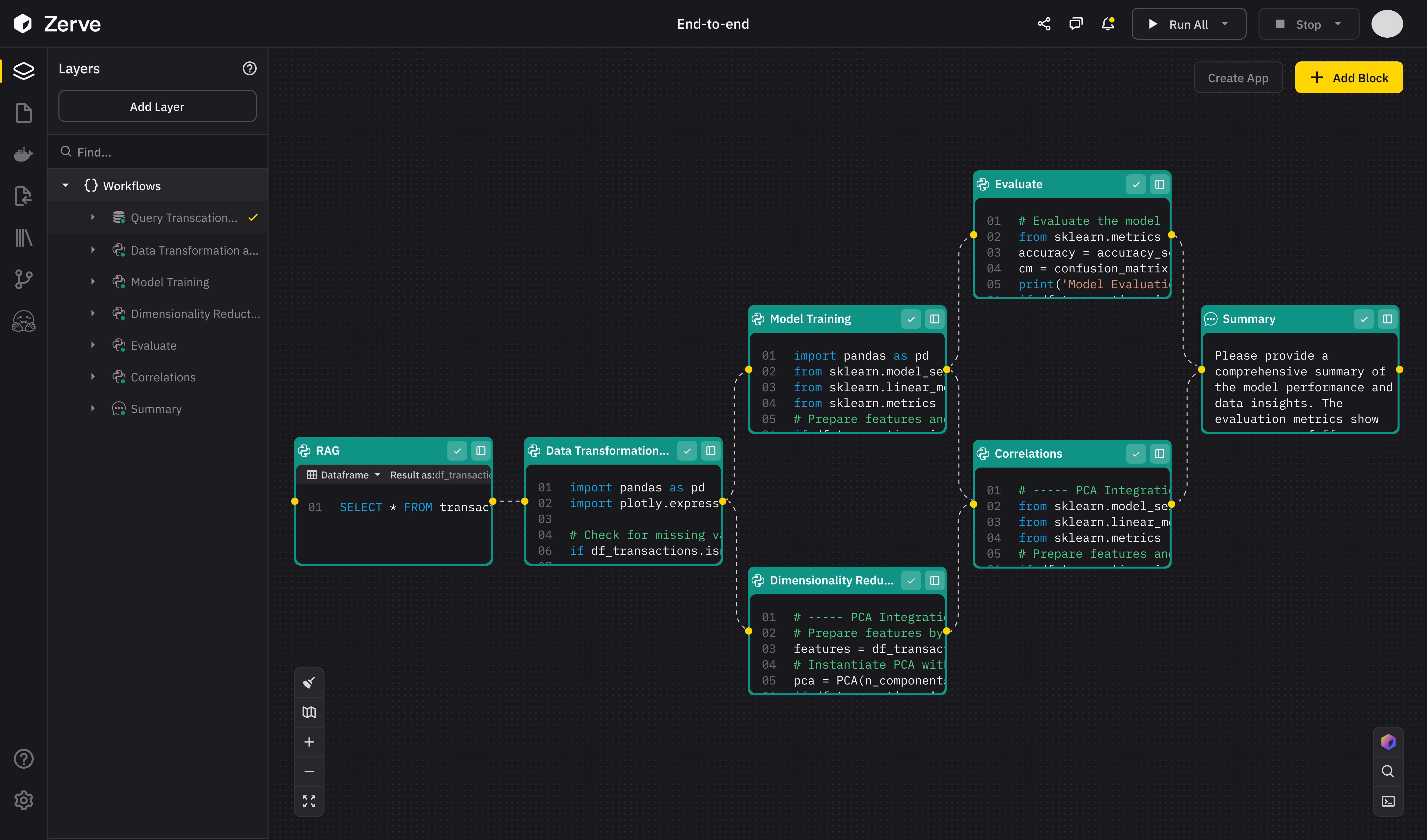














![[The AI Show Episode 147]: OpenAI Abandons For-Profit Plan, AI College Cheating Epidemic, Apple Says AI Will Replace Search Engines & HubSpot’s AI-First Scorecard](https://www.marketingaiinstitute.com/hubfs/ep%20147%20cover.png)


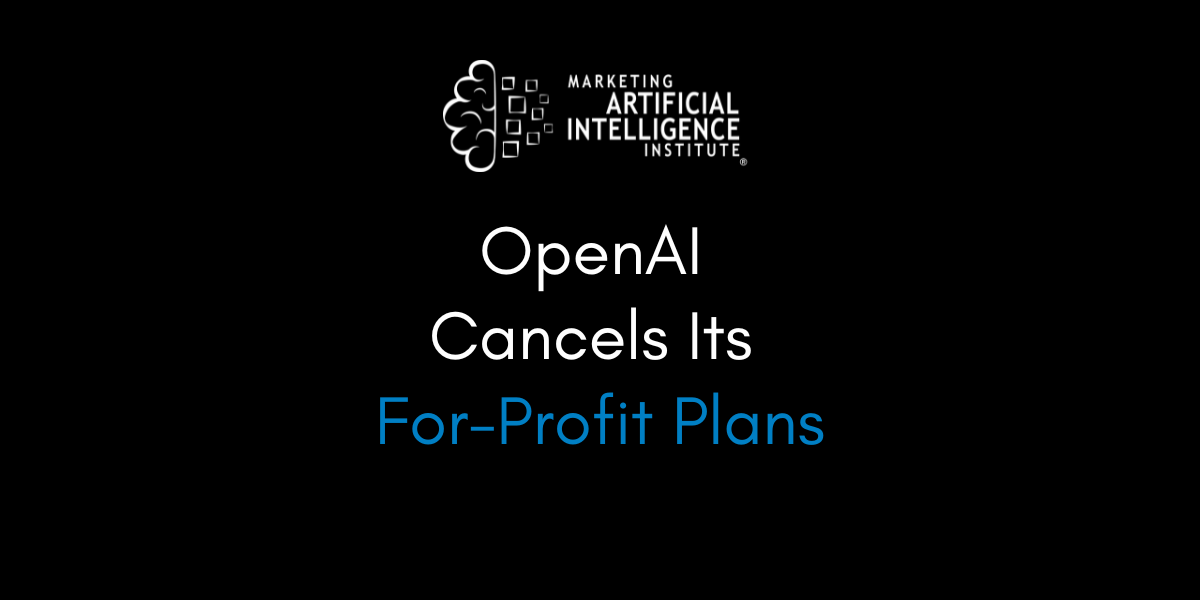



































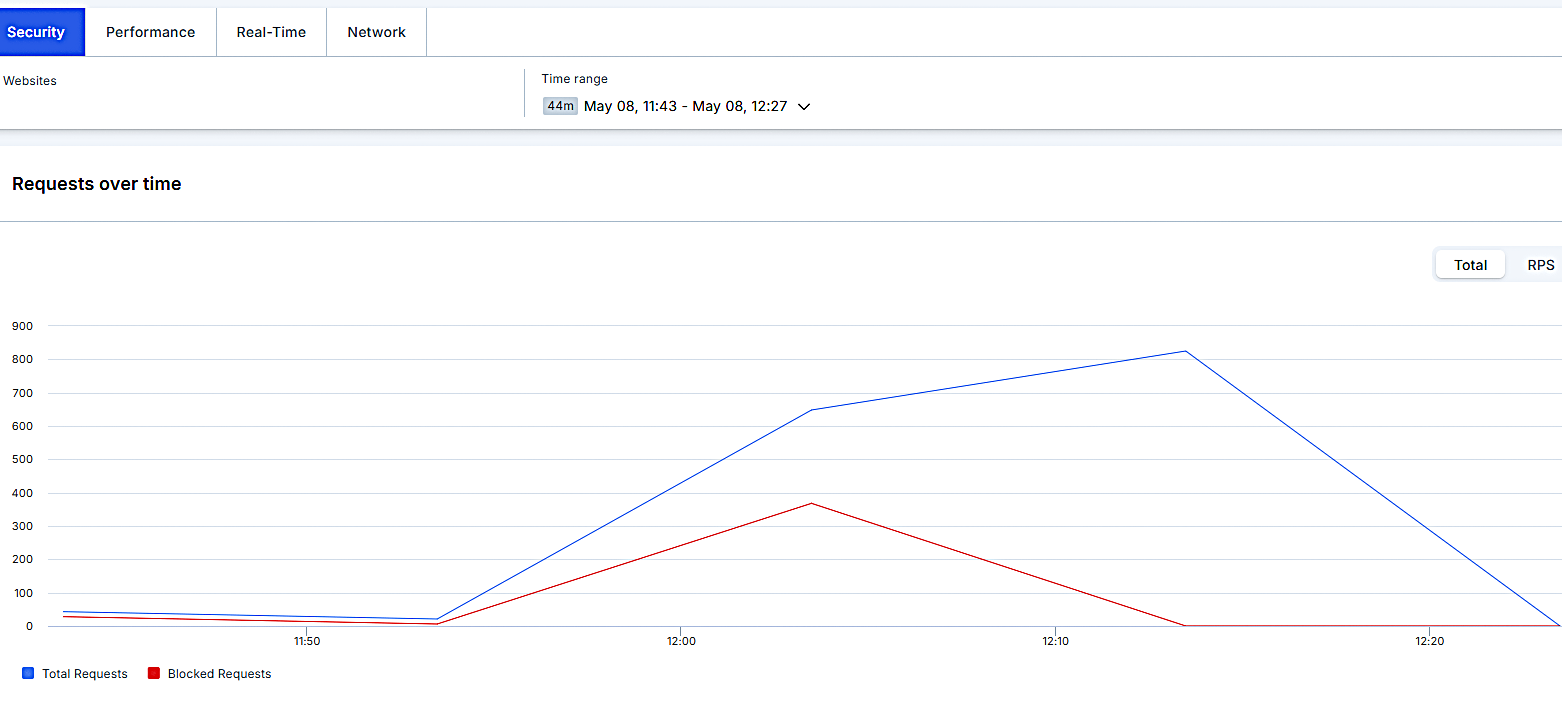


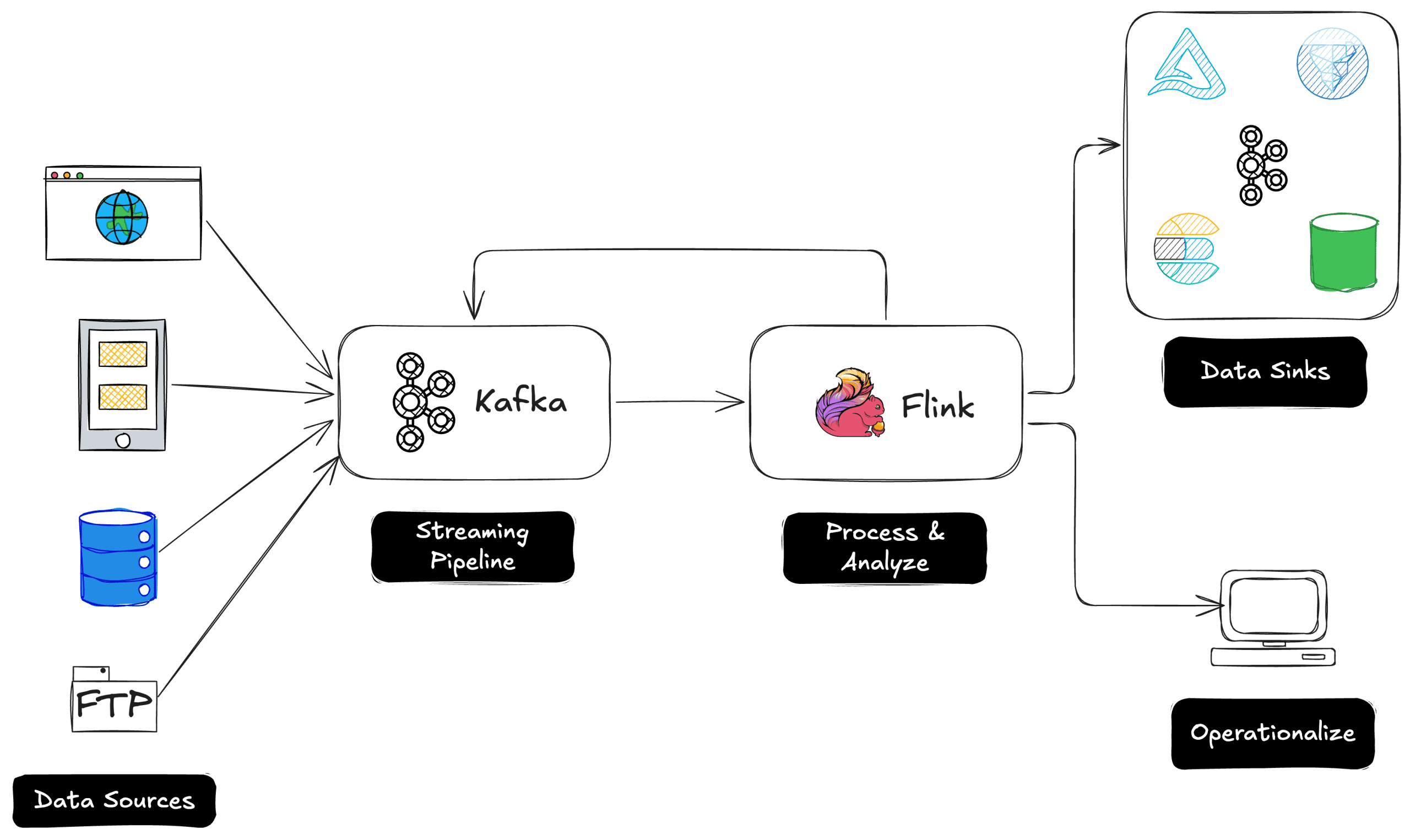
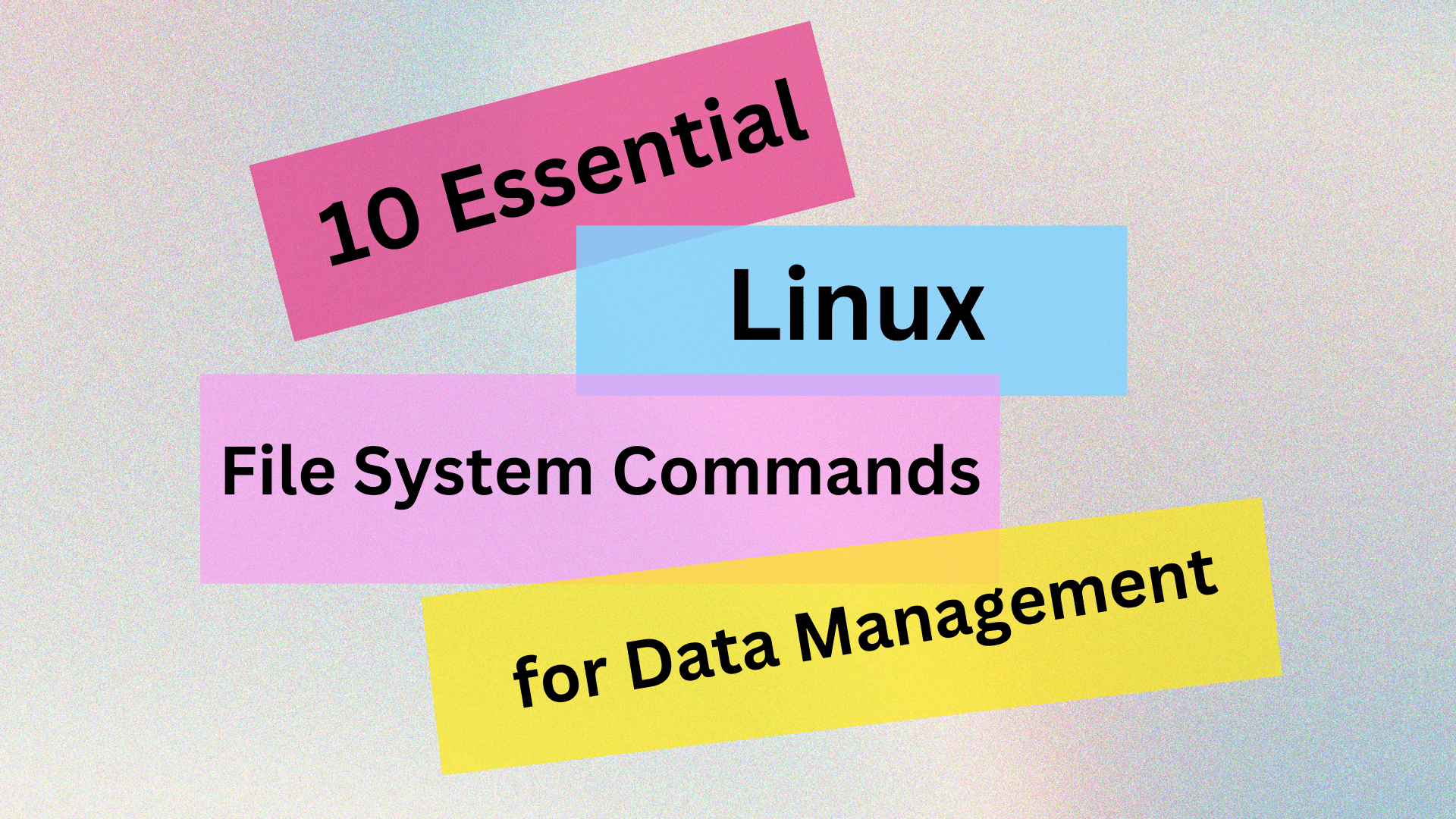


































































































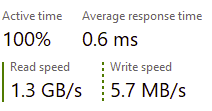


















































![Legends Reborn tier list of best heroes for each class [May 2025]](https://media.pocketgamer.com/artwork/na-33360-1656320479/pg-magnum-quest-fi-1.jpeg?#)


































































_KristofferTripplaar_Alamy_.jpg?width=1280&auto=webp&quality=80&disable=upscale#)











































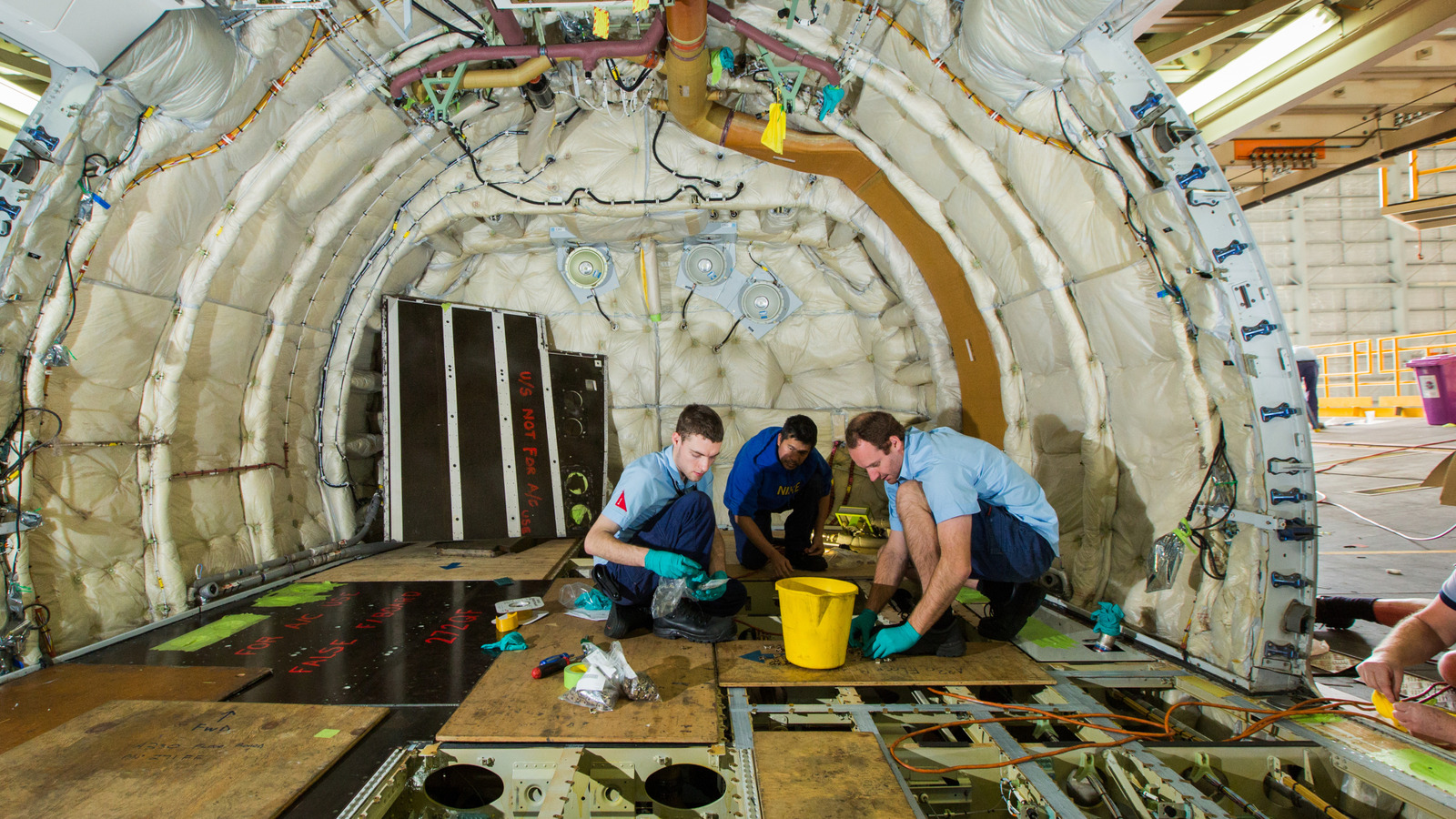








































-xl.jpg)






![[Open Thread] Android 16 is just weeks away, but has it met your early expectations?](https://www.androidauthority.com/wp-content/uploads/2025/03/android-16-logo-outside-hero-1-scaled.jpeg)























![Vision Pro May Soon Let You Scroll With Your Eyes [Report]](https://www.iclarified.com/images/news/97324/97324/97324-640.jpg)
![Apple's 20th Anniversary iPhone May Feature Bezel-Free Display, AI Memory, Silicon Anode Battery [Report]](https://www.iclarified.com/images/news/97323/97323/97323-640.jpg)







































































































